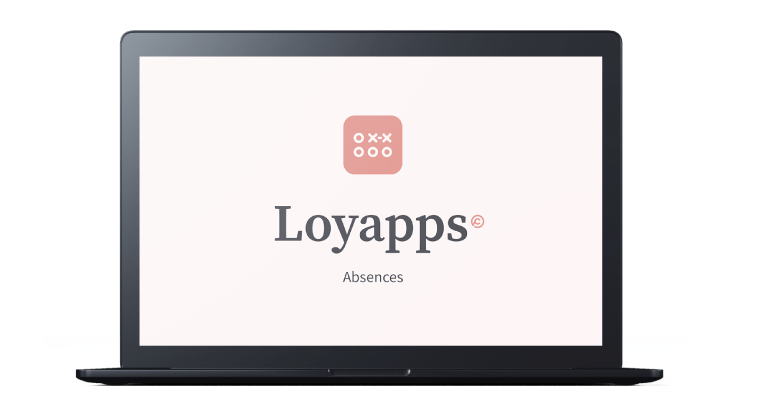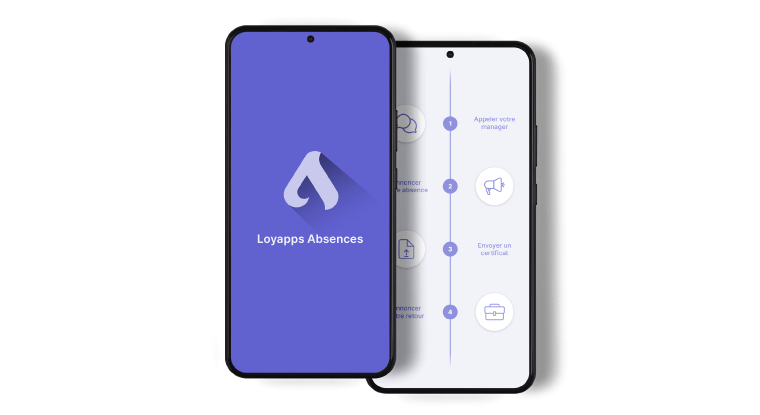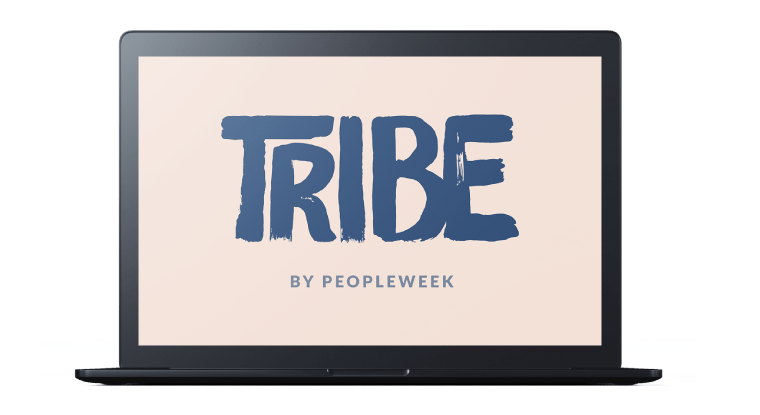
Social networks and employment law
The use of social networks by employees can become a sensitive area in the workplace, raising important questions. Between freedom of expression and duties towards the company, certain uses can have negative consequences for the employer. So how do you reconcile these two dimensions while avoiding the risks? Here, our partner CJE, Avocats, Conseillers d’Entreprises explores the rights and duties of employees when using social media in the workplace.
In some cases, employees may make problematic use of social networks at work, with negative or even damaging consequences for the employer: confidentiality, security and the company’s reputation. So what are the rights and duties of employees when it comes to using social media in the course of their professional activities? Where does the line lie between the employee’s freedom and his or her duty of care, loyalty and confidentiality to the employer?
Contents
- Employees’ duty of care and loyalty
- Employees’ duty of confidentiality
- Employee presence on social networks
- Personal liability of the employee
- Monitoring
- Sanctions
- Employer guidelines
- The risks of social networking – examples
Employees’ duty of care and loyalty
(Art. 321a para. 1 CO) – The employee must faithfully safeguard the legitimate interests of the employer. This obligation applies to all employees’ duties, and the parties are free to contractually reinforce the duty of diligence and loyalty. This duty is all the greater when the employee:
- holds a managerial position;
- is in direct contact with customers;
- has a duty to represent the employer.
In return for the employer’s duty to protect the personal interests of its employees (Art. 328 CO), the latter have a duty to prevent any damage and to promote the employer’s interests at all times, which includes safeguarding its reputation and not communicating to third parties anything that could damage its reputation or the company’s credit.
Employees’ duty of confidentiality
(Art. 321a para. 4 CO) – During the term of the contract, the employee must not use or reveal any facts intended to remain confidential, of which he or she has become aware while in the employer’s service, and is obliged to maintain secrecy after termination of the employment relationship insofar as this is necessary to safeguard the legitimate interests of the employer.
This obligation applies in particular to manufacturing, business and professional secrets. This duty is maximal for the duration of the employment relationship, but is reduced thereafter to the safeguarding of the employer’s legitimate interests.
However, it is possible to determine the extent of the duty of loyalty, particularly after the end of the employment relationship, and in particular to increase it.
Employee presence on social networks
Employees have the right to be privately present on social media and to mention the company they work for. He/she must, however, be aware that his/her comments may generate a perception of his/her employer which may have repercussions on his/her image.
Bound by duties of loyalty, diligence and confidentiality, employees must be careful in their communications, as they may incur personal liability.
Personal liability of the employee
The employee is liable for any damage he or she causes to the employer, whether intentionally or through negligence (Art. 321e CO). The employee’s fault may lie in a breach of his or her contractual duties, as well as in a breach of his or her duty of care and loyalty, which is determined according to the contract concluded, taking into account the professional risk, the business risk and his or her instruction. The employee’s liability arises under the following four cumulative conditions:
- a breach of the Contrat;
- damage;
- a fault;
- a causal relationship between the violation and the damage.
It is therefore up to the employer to prove the damage, its amount, the employee’s breach of his or her contractual obligations, respectively the breach of his or her duty of care and loyalty, and finally the causal relationship between this breached obligation and the damage. The employee may prove the absence of fault.
Expiry date (prescription)
If the employer fails to assert known claims against the employee before the end of the employment relationship, the claim for damages is time-barred.
Monitoring
The use of spyware to monitor the activity of an employee’s work computer is in principle unlawful, and illicitly acquired evidence cannot in principle be used, even to justify immediate dismissal.
Employers do not have an unlimited right of surveillance, even when the use of the Internet and e-mail for private purposes is prohibited. On the other hand, he may carry out occasional surveillance, which must be clearly defined in the employment contract.
The employer may carry out surveillance in compliance with the principles applicable to data processing (LPD), notably proportionality, and the LTr, which prohibits permanent surveillance of the employee’s activities (Art. 26 OLT 3). In such cases, the employer may safeguard evidence that has been legally obtained.
It should be noted that, as a general rule, there is no violation of the employee’s personality when he/she makes the data accessible to everyone and has not formally objected to their processing (Art. 12 al. 3 LPD).
If the employer has reason to believe that an employee’s activities are detrimental to the company’s interests, or even that illegal activities are taking place, he or she is advised to carry out investigations in secret. However, if an act falls within the scope of criminal law, the employer is not competent to do so, but the criminal authorities are.
Sanctions
The diligent employer can include sanctions in the employment contract, depending on the seriousness of the act:
- restrictions (temporary, material, technical) on the use of social networks;
- ban on the use of social networks;
- Internet access blocked;
- blocking access to social networks;
- warning;
- blame;
- contractual penalty (if expressly provided for in the employment contract);
- ordinary dismissal (Art. 335 CO);
- dismissal for just cause;
- immediate dismissal for just cause when the act complained of is particularly serious and of such a nature as to permanently destroy the relationship of trust (Art. 337 CO).
As mentioned above, the employee may also be financially liable for damage caused to the employer intentionally or through negligence (Art. 321e CO).
Employer guidelines
The employer may, for example, include in the employment contract general instructions and guidelines on the performance of work and the conduct of employees (Art. 321d CO), and, with regard to social networks, in particular on the following:
- permission or prohibition to use social media while at work;
- authorization or prohibition to speak on behalf of the company;
- rules of behavior on social networks, even on a private basis, insofar as it relates to professional activity;
- obligation of accuracy and correctness of information posted on social networks;
- limit social networking hours;
- limit the length of time you use social networks;
- reminder of the obligation to preserve the employer’s reputation;
- reminder of the obligation to protect confidential information;
- existence of surveillance;
- scope of surveillance;
- list of penalties for incorrect use;
- obligation to update information at the end of the employment relationship, in particular to no longer mention that he/she is an employee of the company;
The employer must clearly indicate which employees are covered by these guidelines. The employer may provide for differentiated rules, taking into account the particular functions performed by certain people, e.g. Board of Directors, General Management, etc.
The risks of social networking – examples
Employer example
The case: private WhatsApp messages are read by the employer in search of evidence.
An employer dismissed an employee for management shortcomings within the notice period. The employee returned her work cell phone after being asked to delete all private data.
During the notice period, the employer dismissed the employee with immediate effect because he had made rude and indecent remarks and committed obscene acts of a sexual nature in the workplace.
Some time later, while seeking evidence for legal proceedings, the employer retrieved, without the employee’s authorization, private WhatsApp conversations that he/she had exchanged with relatives and colleagues via his/her work cell phone. The employer was looking for evidence to dispute the employee’s claim for overtime. The employer retrieved this data via the employee’s personal iCloud account. The data obtained did not only concern the employee’s private sphere, but also his intimate sphere, particularly sexual.
The judges ruled that the evidence had been obtained unlawfully, and set it aside. The employer was ordered to pay the employee :
- more than CHF 200,000 in overtime;
- compensation of CHF 5,000 for non-material damage, based on the serious violation of the employee’s personality by the employer.
In the view of the Federal Court, the employer had other, less intrusive means of gathering evidence against the employee, for example by interviewing other employees.
Employee example
The case: an employee sends a child pornography video to members of a WhatsApp group.
An employee was dismissed with immediate effect for having sent a child pornography video, accompanied by the comment “watch out for your husbands”, to members of a WhatsApp group including several of her work colleagues.
The employer, together with nine of its employees, lodged a criminal complaint against the employee, who was found guilty of pornography under art.
197 para. 4 of the Swiss Penal Code, and was sentenced to a two-year suspended fine of 15 days.
The immediate dismissal following this criminal conviction was deemed justified by the Federal Court.
In conclusion
Employee training, awareness-raising and empowerment are highly recommended. Depending on the size of the company, the employer can designate a person responsible for social media issues, to whom employees can turn. Finally, the well-intentioned employer will also issue rules concerning the use of social networks.
This article was written by our partner CJE, Avocats, Conseillers d’Entreprises.

















